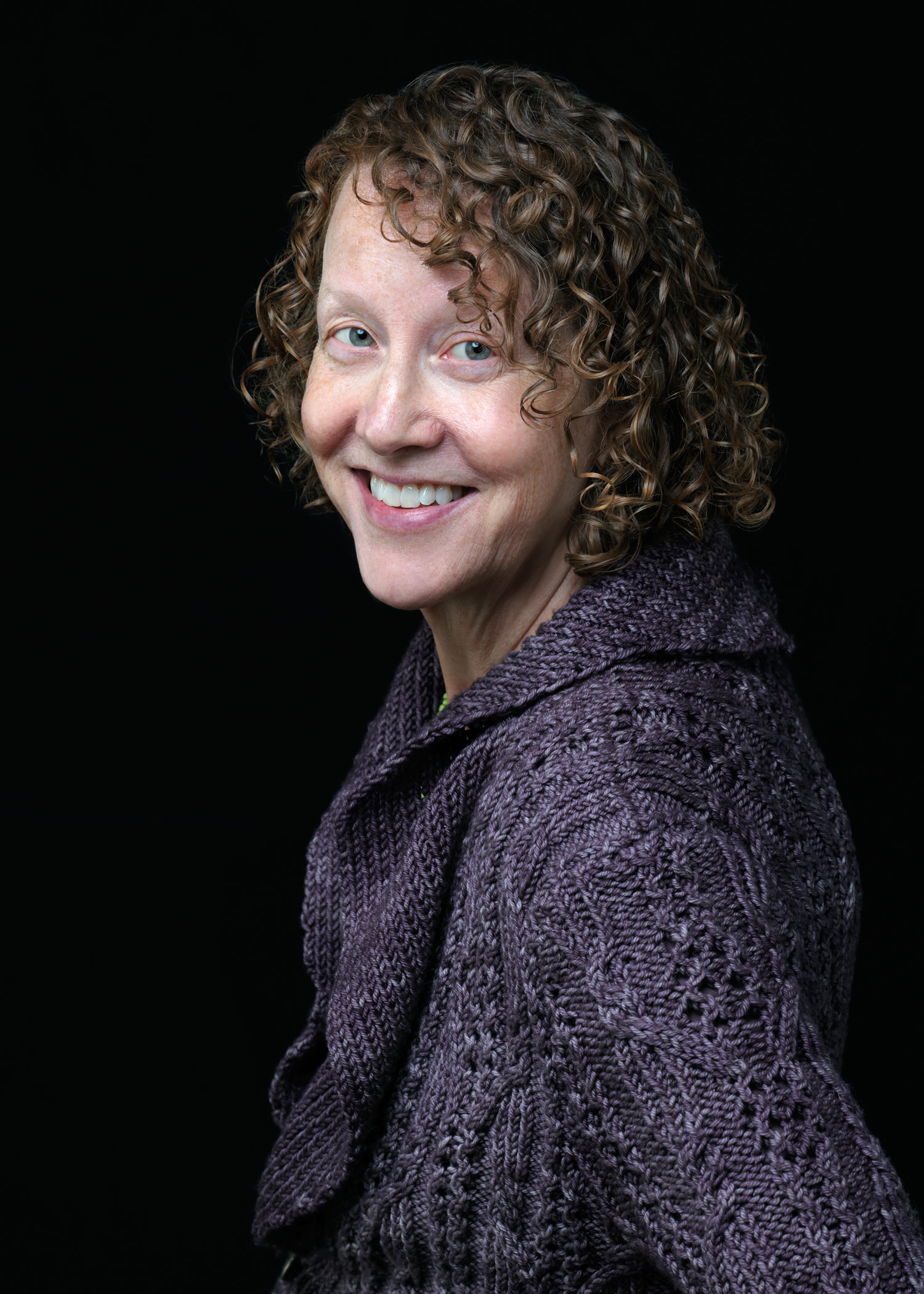Physicians rarely get angry with patients. We’ve been selected and trained to feel compassion … but that’s changing. Every coaching client I have spoken to in the last 2 months is stressed because they aren’t convincing their patients to get vaccinated. Patients we’ve taken care of for decades, are now ignoring our advice to get vaccinated. We sympathize when patients don’t follow diet or exercise recommendations; habits are hard to change. This is different. Patients refuse effective, safe, free vaccines while more than 5 million people globally have died of COVID, our healthcare system is overwhelmed, our economy is damaged and our democracy is frayed. The world is depending on a resolution to this pandemic.
You may not be a physician and you too are frustrated that your neighbor, pastor, colleague, family member or friend are not yet vaccinated. When people choose to take the advice of cable news celebrities, Facebook friends and politicians over that of physicians, Infectious disease specialists, epidemiologists and you, their trusted friend; we are puzzled.. When we attempt to discuss the evidence and are immediately shut down, we’re stunned. We want to make sure that our friends and colleagues base their healthcare decisions on sound research as well as their own values. When they make decisions based on attractive misinformation or disinformation, we are frustrated and even angry.
How might we approach a conversation with the people we care about regarding getting a vaccine? It’s useful to consider just why people might prefer to believe what they hear from others about the vaccines. They may find a sense of belonging with people who believe that the government can’t be trusted, or that God will take care of them because He has chosen them. Being immortal or a nonconformist may be attractive narratives to someone who grew up in the country that is the “home of the free and land of the brave.” Consider their lived experience and how it may differ from yours before judging their motives for believing the people that “get them.” As their friend, colleague, family, parishioner, neighbor, you may know what they value.
Consider the idea that people “don’t care how much you know until they know how much you care” as you enhance your relationship with them. Because of our remote work and isolation, relationships need some maintenance. As an emergency medicine doctor, I needed to establish rapport with patients quickly. These are techniques I built into my approach to patients that may help you in a discussion about the vaccine.
- Partner. Use phrases like, “We will figure this out together and find an option that works for you.”(Maybe time or transportation is an excuse they are giving)
- Empathize. Use phrases like, “That sounds hard.”
- Respect their values. Use phrases like, “You are a great father. It sounds like you value your time with your family.”
- Validate their efforts. Use phrases like, “Despite all these challenges, you persevere,” or “It’s admirable that you are the one to take care of your mom.”
- Legitimize their feelings. Use phrases like, “Anyone going through this would feel exhausted. You are not alone in that.”
Be clear about the intent of the conversation you want to have with them about the vaccine. A cognitive inoculation like, “People are going to try to tell you that the vaccine isn’t safe” may help them reconsider disinformation. Try something like, “I am sharing what I know about the vaccine with all of my friends. I want to help you make the best decision about whether or not to get vaccinated. I can tell you what I know about the latest research-supported information. People are going to try to convince you that your doctor would mislead you. I hope you know I have your best interest in mind.”
“It is a bit bizarre,” he said. “The divisiveness that’s going on … We’ve got to own this, reset this and say, ‘OK, let’s stop this nonsense. We’ve got to do better.”
Anthony Fauci in Atlantic Magazine
Then share some of the facts:
- Over 9.4 billion COVID vaccines have been administered across the world with 3.9 billion people fully vaccinated (January 5, 2022).
- There have been more than 5.5 million COVID deaths around the world (January 11, 2022).
- Only rare complications have been seen with any COVID vaccine. It is one of the safest vaccines ever produced. The mRNA technique has been in development since SARS COV1 in 2003.
- All versions of the vaccine are very effective at preventing severe cases of COVID.
- In early January 2022, the CDC reported more COVID-19 hospitalizations than the peak in 2021 when the vaccines were not widely available. This when Omicron is rampant and considered more mild.
- Some 98% of people hospitalized in the United States with COVID are unvaccinated (October 2021).
- You are much less likely to spread the coronavirus if you are vaccinated
- The Omicron variant appears to be very contagious.
Next, share your story about why it is important for them personally to be vaccinated. Connect this with their values. It might sound something like this:
- “I know the safety of your family and friends matters to you and that you want to get back together with them.”
- “We can all resume our activities safely and get back to normal when all of us get vaccinated.”
- “You are more at risk for severe COVID because of (insert any pertinent medical problems here if you know them).”
Now, you want to hear from them.
- Asking “Do you have any questions?” is less effective than, “What questions/concerns do you have about the vaccine?” The preferred question assumes they have questions/concerns and invites sharing them with you.
While the facts are important, your connection with your friend and the story you tell that connects with their values is critical.
Celebrate when you are successful. Our brain loves to perseverate when we aren’t successful and we all can make a difference!
Sources:
The Osterholm Update – COVID-19
PEARLS© The Academy of Communication in Healthcare www.ACHonline.org
Patterson, K., Grenny, J., McMillan, R., & Switzler, A. (2002). Crucial conversations. McGraw-Hill Contemporary.


